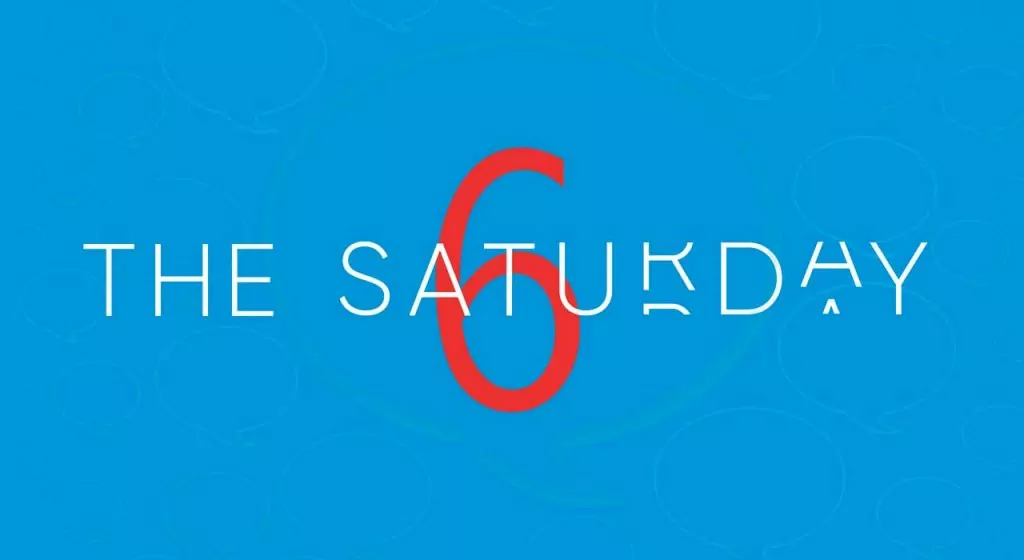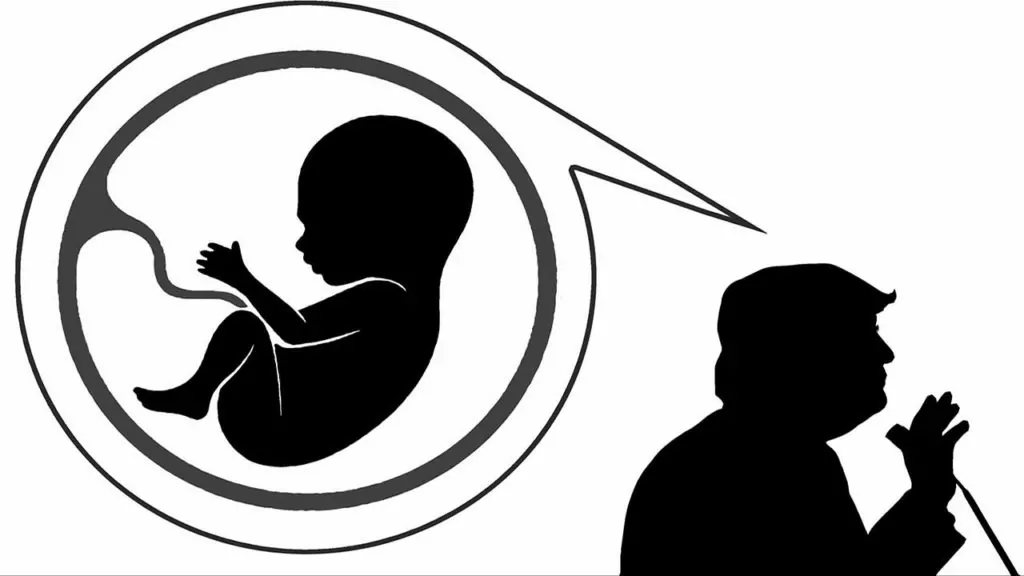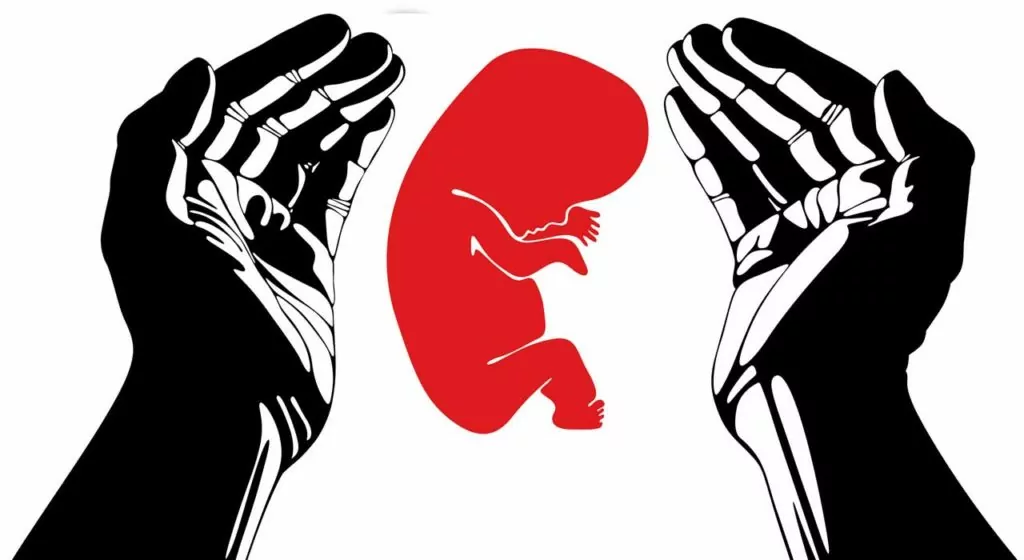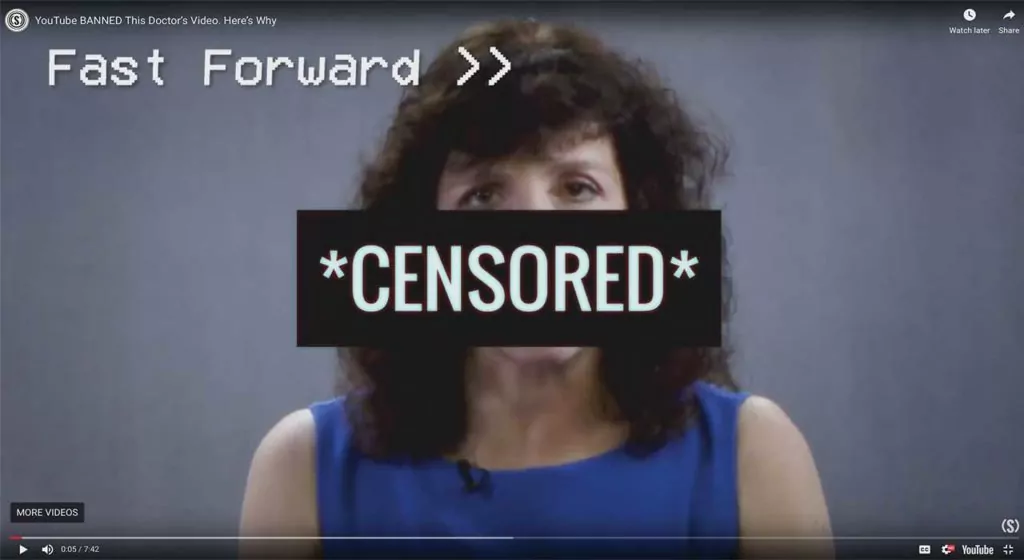
News
Saturday Selections - January 25, 2020
The Gospel vs. Sorcery in Papua New Guinea (30 minutes)
In Papua New Guinea the fear of "sanguma" – sorcery – is such that it leads people to stone and kill supposed witches. What is the answer to such fear? We know Jesus can defeat demons both supposed and real. But how can the people of Papua New Guinea know unless someone tells them?
In this half-hour video, we get to follow along as seven men squeeze themselves into one Land Cruiser and, over the course of one week, take the Gospel to thousands who show up and listen in the marketplaces. As Pastor Ryan Dejonge notes at one point, "We have this window of opportunity in Papua New Guinea. You can't do this in Australia...you can't do this in Canada. You would just get people fighting you – you're not going to get people hearing the Gospel . God has given us a window of opportunity. He's given us this open door. And we've realized this is a real and a useful way to proclaim the good news of Jesus Christ....Our moment is now."
(The link below might look broken but give it a click because it does work.)
If you won the lottery, would you be at work tomorrow?
Most people, if they came into a fortune, would quit their job instantly. But what about Christians?
Harvard study shows the dangers of early school enrollment
The Foundation for Economic Education's most popular article this decade wasn't about economics. Instead it asked: "Are ADHD rates rising because we send children to school at younger ages?"
Man to "woman" to "non-binary" and back again
James Shupe declared himself a woman, then declared himself non-binary, but has now asked to be legally recognized once again as the man he is.
The Darwin Dictionary
Seemingly inspired by Ambroise Bierce's Devil's Dictionary, Keaton Halley has crafted his own Darwin's Dictionary to highlight the creative ways evolutionists employ language. Here are a couple of examples:
Abiogenesis, n. – Rocks begetting life, in violation of the most basic, observed law of biology.
Big bang, n. – The logic-bending theory that everything was produced when nothing at all exploded.
Each entry includes a link to a great article explaining the creationist perspective.
How does the Women's March define what a woman is? (3 minutes)
Joseph Backholm has a history of asking questions the Left can't, or won't, answer. A few years back he hit a college campus asking "Am I a 6-foot-5 Chinese woman?" This time around he went to the 2020 Women's March in Washington D.C. to ask the marchers three things:
- How would you define what a woman is?
- Are there any innate differences between men and women today?
- Do you think anyone can be a woman?
They found these tricky questions. Why? Because the modern feminist movement celebrates women as something special, even as it holds that men and women are identical which means there has been a longstanding conflict between the answers feminists give to questions 1 and 2. Question 3 only exasperates the problem: if men can now become women, it makes it all but impossible to celebrate the distinctly feminine. In fact, when there are no differences between men and women, and men can become women, then the term woman is rendered meaningless – a word that can mean anything at all means nothing at all.
There's one other reason his interviewees were reluctant to chat. I think, on some level, they were worried about the question that would come next: this white male asking them, "Can I be a woman?"
And what could they answer to that?
(WARNING: One of the marchers in this video takes God's name in vain.)














